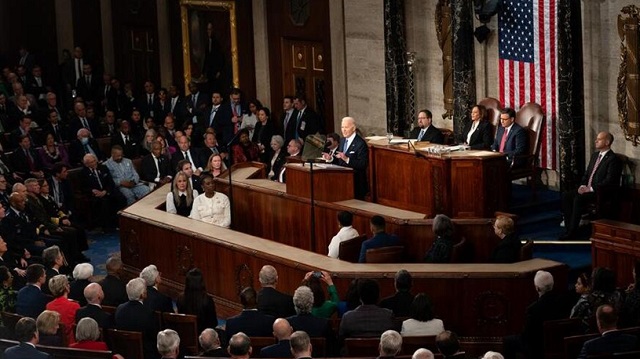In the eyes of U.S. politicians, garlic, batteries, cranes, electric vehicles (EVs), or social media apps — irrelevant stuff in ordinary people’s eyes — all share one conspicuous and suspicious trait if they come from China: they pose potential threats to U.
S. national security. In recent years, Washington deliberately stretched the concept of “national security” when dealing with China, conjuring up absurd threats and hyping them up.

Scholars have named this kind of mindset “anything but China,” meaning opposing everything about China. The U.S.
government is given to exaggerating external threats to safeguard the interests of special groups at home, the military-industrial complex, for example, and to seek American hegemony. This approach not only undermines the interests of the American people but also endangers global peace and development. The United States has stepped up its rhetoric of the so-called “Chinese security threat” in recent years, with its fabrications including “the spy balloons,” “China’s rapid nuclear force expansion,” and “China’s overseas port investments.
” During the 21st Shangri-la Dialogue held in Singapore in early June, U.S. Defense Secretary Lloyd Austin again tried to shift focus to the “China threat,” alleging China’s “coercive behavior” towards the Philippines and its growing nuclear power, and space and cyber capabilities.
His true intention was to incite confrontation in China’s neighborhood and cr.
















